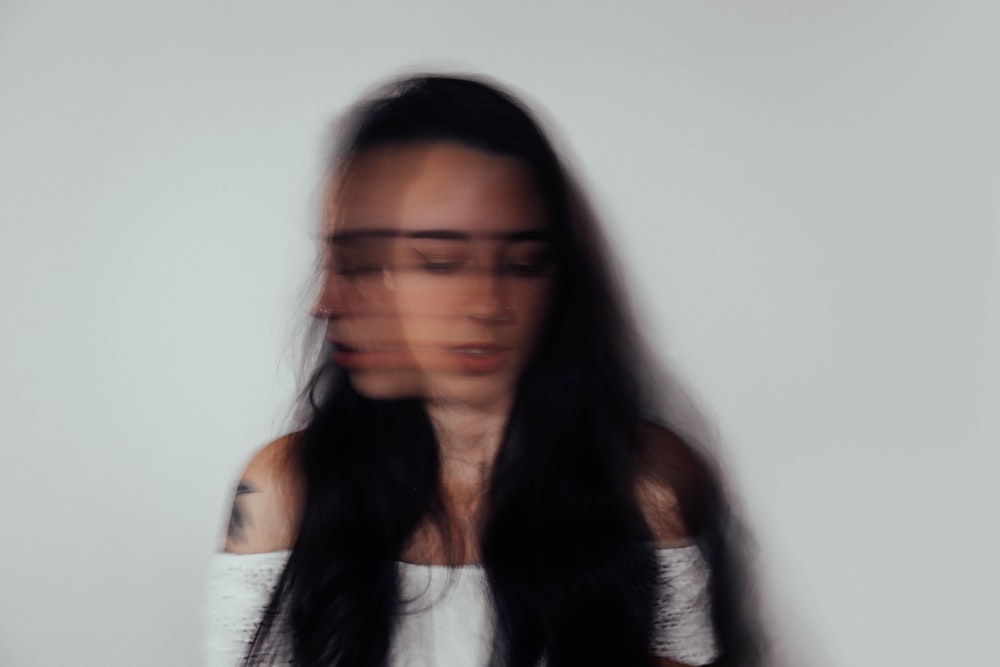When your loved one first began using drugs, they may have seemed almost “normal.” At this stage, they were able to conceal their problem and manage any symptoms that manifested. As someone transitions into heavy drug use, however, their mental state deteriorates. They may become suspicious to the point of paranoia or see things that aren’t there. In these cases, more severe drug-induced psychosis is likely to follow. Today, we’ll dive into the relationship between paranoid delusions, psychosis, and addiction.
What Is Psychosis?
Most people define psychosis as a break with reality. While this is mostly true, NAMI Chief Medical Officer Dr. Ken Duckworth offers a more in-depth explanation. Psychosis is defined as a series of disruptions in a person’s thinking and perception. These disruptions make it difficult for someone to distinguish between what is real and what is imaginary.
Typically, people with psychosis will hear, see, or believe things that aren’t real. They may also exhibit persistent behaviors, thoughts, and emotions that seem strange to others. For family members and the sufferers themselves, psychosis can be a frightening experience.
It’s important to know that psychosis is a symptom, not a diagnosable illness. In some instances, it can indicate a mental health issue like schizophrenia. In others, it can serve as a sign of a brain tumor, epilepsy, or serious infection. This article will deal with psychotic symptoms brought on by substance abuse: drug-induced psychosis.
About Drug-Induced Psychosis
Drug-induced psychosis is characterized by the emergence of hallucinations or delusions after a period of heavy substance use.
Hallucinations are sensory perceptions not rooted in reality. A person experiencing them may see or hear things that do not exist outside of their mind. Most people associate hallucinations with hearing voices. In rare instances, someone might feel, taste, or smell something that does not exist. Someone with drug-induced psychosis may hallucinate:
- The sound of footsteps or voices
- A crawling sensation on or underneath the skin
- The sight of lights, people, or objects that are not present
Delusions are strong beliefs that are often unreasonable and unfounded. They are frightening because it is nearly impossible to convince the person experiencing them that these delusions aren’t true. Commonly, those with an addiction may suffer delusions that they are being persecuted, or that someone is intending to harm them. Other common delusional themes include obsessions surrounding:
- Infidelity
- Religion
- Love
- Guilt or unworthiness
- Negation or nihilism
- Grandiosity
- Somatic problems (health-related)
Drug-Induced Psychosis vs Schizophrenia
Like any co-occurring mental health condition, it is important to determine whether a person’s psychotic symptoms or substance abuse began first. If someone only began seeing and hearing things after a period of heavy drug and alcohol use, it’s most likely that they are experiencing drug-induced psychosis. If they had these symptoms before, the explanation may be different.
Drug-induced psychosis is more common than you may have thought. In one study about patients experiencing their first psychotic episode, nearly 75% had been previously diagnosed with a substance use disorder at some point in their lives, and a majority were reliant on drugs or alcohol during the time of their hospital admission. Because these individuals had never experienced symptoms before the onset of addiction, they were categorized by researchers as patients with drug-induced psychosis.
What Drugs Cause Paranoia and Hallucinations?
Many drugs are known to cause psychotic side effects. These include prescription medications, like muscle relaxers, anticonvulsants, drugs for Parkinson’s, and certain antihistamines. People who are taking these drugs should immediately consult their doctors for guidance.
Illicit substances present a wide variety of side effects that may vary from person to person (and drug to drug). For example, while small doses of cocaine probably won’t make someone hear voices, a large dose can result in severe psychotic symptoms. Amphetamines in particular are associated with the delusions of persecution we mentioned above. Heavy, constant alcohol use is also a primary catalyst for drug-induced psychosis.
Drugs associated with psychotic episodes include:
- Methamphetamine
- Cocaine
- LSD
- Mushrooms
- Ketamine
- Peyote
- PCP
- Ecstasy
- Amphetamines
- Benzodiazepines
- Marijuana
- Alcohol
Drug-Induced Psychosis Symptoms
Psychosis rarely occurs out of the blue. Early or first-episode psychosis (FEP) is the term for a person’s initial psychotic episode. If you or someone you love has begun to experience these symptoms, we recommend immediate clinical intervention.
- Strong emotions that are not appropriate for the situation
- Isolation from family and friends
- Lack of any emotional reaction, positive or negative
- Worsened self-care, poor hygiene
- Difficulty concentrating or thinking
- Seeing or hearing things that others don’t
- New, strongly held beliefs that can’t be ignored
Help is Available
Fortunately, when a person’s substance use disorder is treated, so are the symptoms of their drug-induced psychosis. Approaches like cognitive behavioral therapy, family involvement, and social support are considered to be the gold standard in the resolution of both of these conditions.
To learn more about drug-induced psychosis, contact Lakeside-Milam. Our team of experts is standing by to help you find the right path to treatment.






